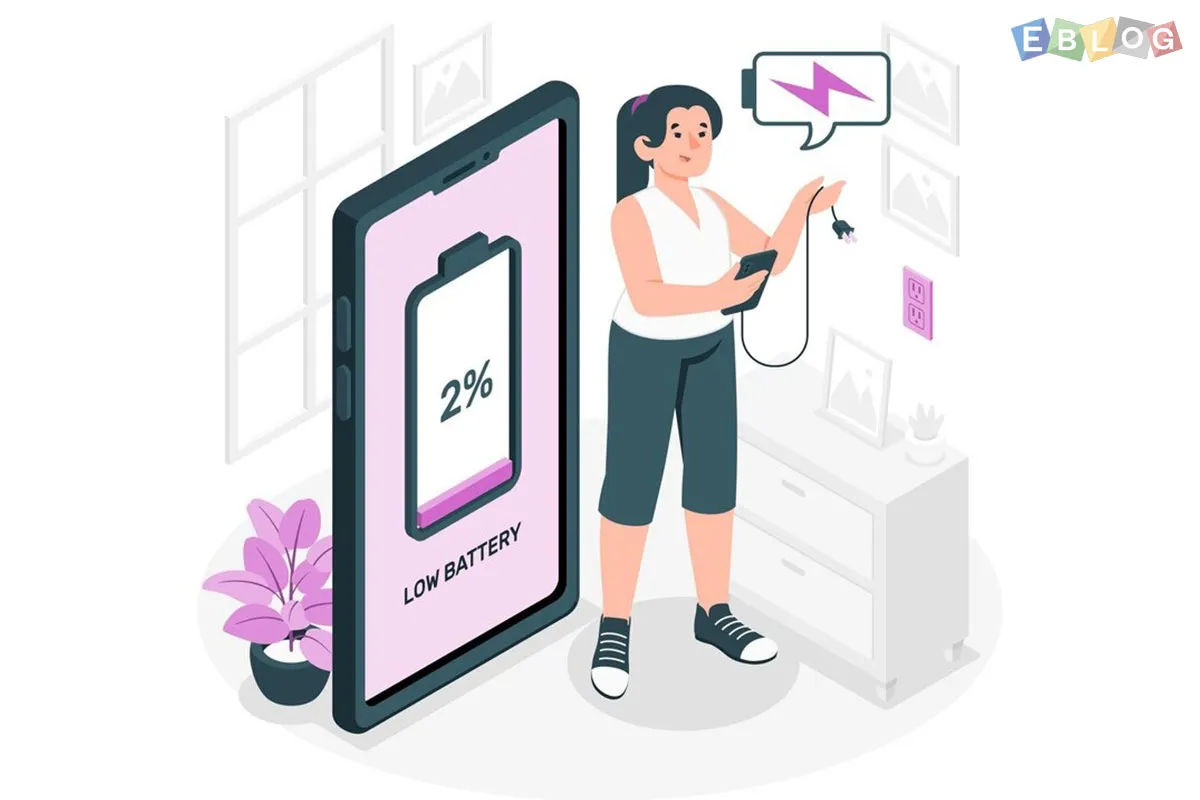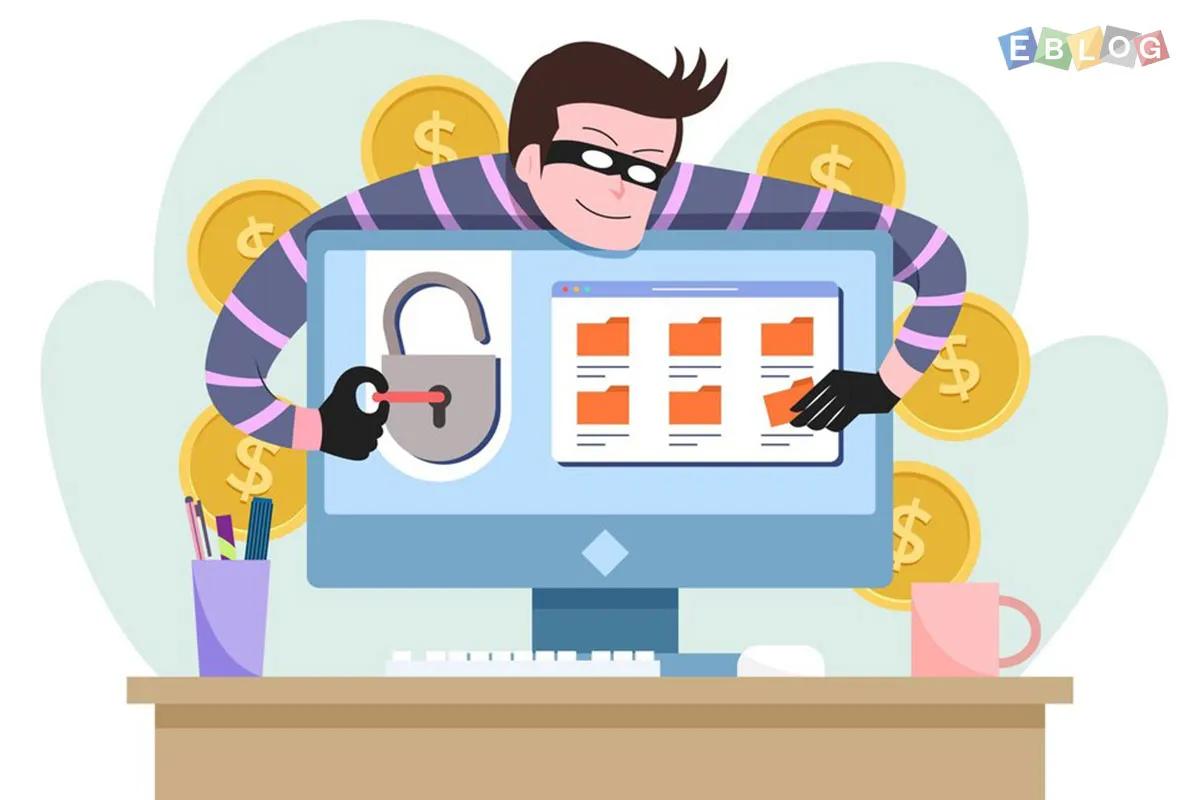
Cybersecurity in the Digital Age: Protecting Your Online World
- 29 Sep, 2023
- Tech
- 408 Views
- 0 Comments
In today's interconnected world, our lives have become increasingly digital. We shop online, work online, connect with friends and family online, and even manage our finances online. While this digitalization has made life more convenient, it has also exposed us to new risks. Cybersecurity has never been more important than it is today. In this blog post, we will explore the critical aspects of cybersecurity and provide you with essential tips and tools to safeguard your online world.
The digital age has brought us incredible opportunities, but it has also given rise to a multitude of threats. From hackers and cybercriminals to data breaches and identity theft, our online activities can put us at risk in numerous ways. Understanding the landscape of these threats is the first step in protecting yourself.
Types of Cybersecurity Threats:
1. Malware: Malicious software, such as viruses and ransomware, can infect your devices and steal your data.
2. Phishing Attacks: Cybercriminals often use deceptive emails and websites to trick you into revealing personal information.
3. Data Breaches: Companies can experience data breaches, exposing your personal information to the world.
4. Password Attacks: Weak passwords are a common target. A compromised password can lead to unauthorized access to your accounts.
Your Cybersecurity Arsenal
Now that we understand the threats, let's discuss the tools and strategies you can employ to defend against them.
1. Strong, Unique Passwords
The foundation of your cybersecurity efforts should be strong passwords. Avoid using easily guessable passwords like "123456" or "password." Instead, create complex, unique passwords for each of your online accounts.
2. Two-Factor Authentication (2FA)
Enable 2FA wherever possible. This adds an extra layer of security by requiring you to enter a one-time code, usually sent to your mobile device, in addition to your password.
3. Regular Software Updates
Keep your operating system, apps, and antivirus software up to date. Developers often release patches to fix vulnerabilities, so updating is crucial.
4. Use a Virtual Private Network (VPN)
A VPN can encrypt your internet connection, making it more difficult for hackers to intercept your data. It's especially useful when using public Wi-Fi networks.














Leave a Reply